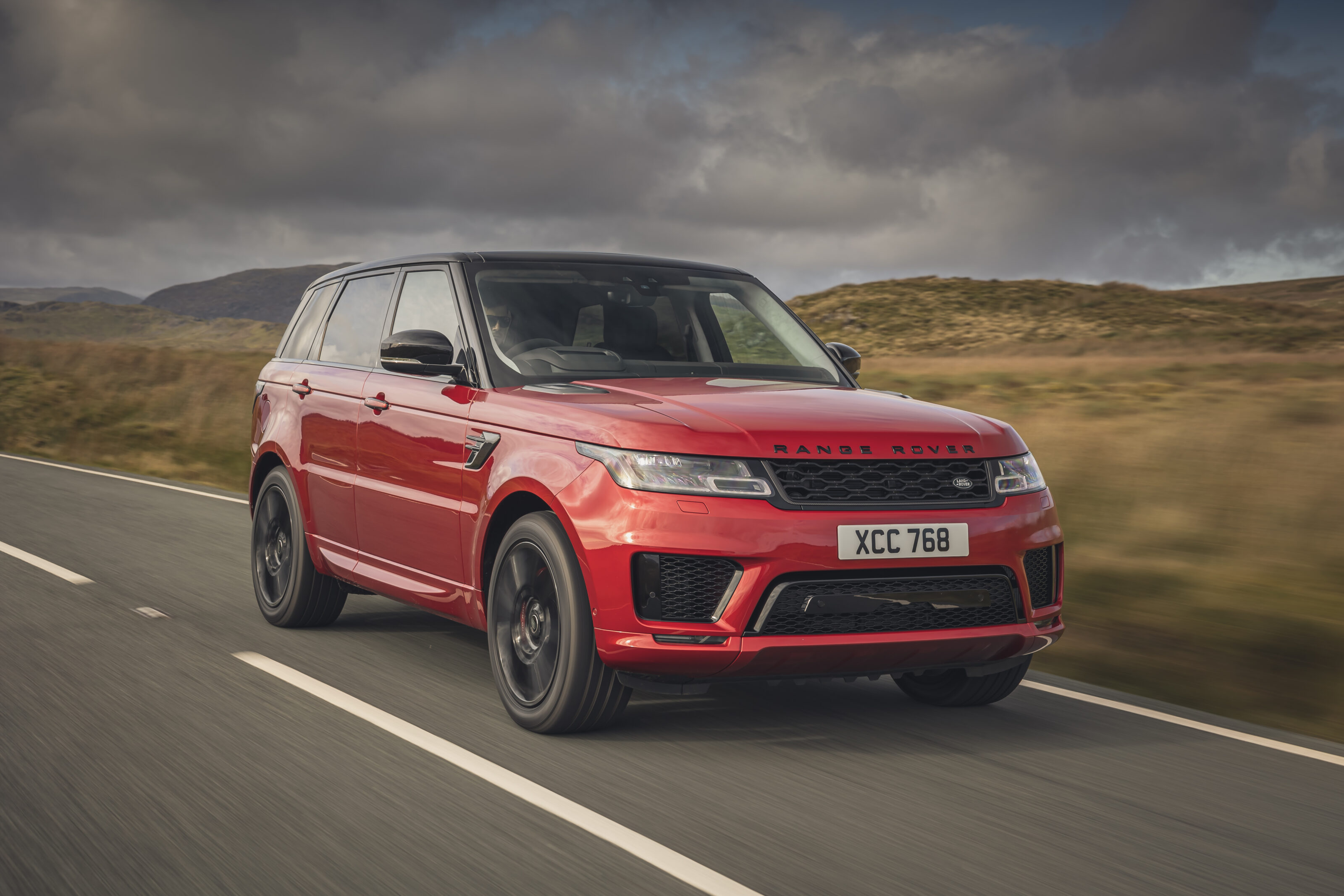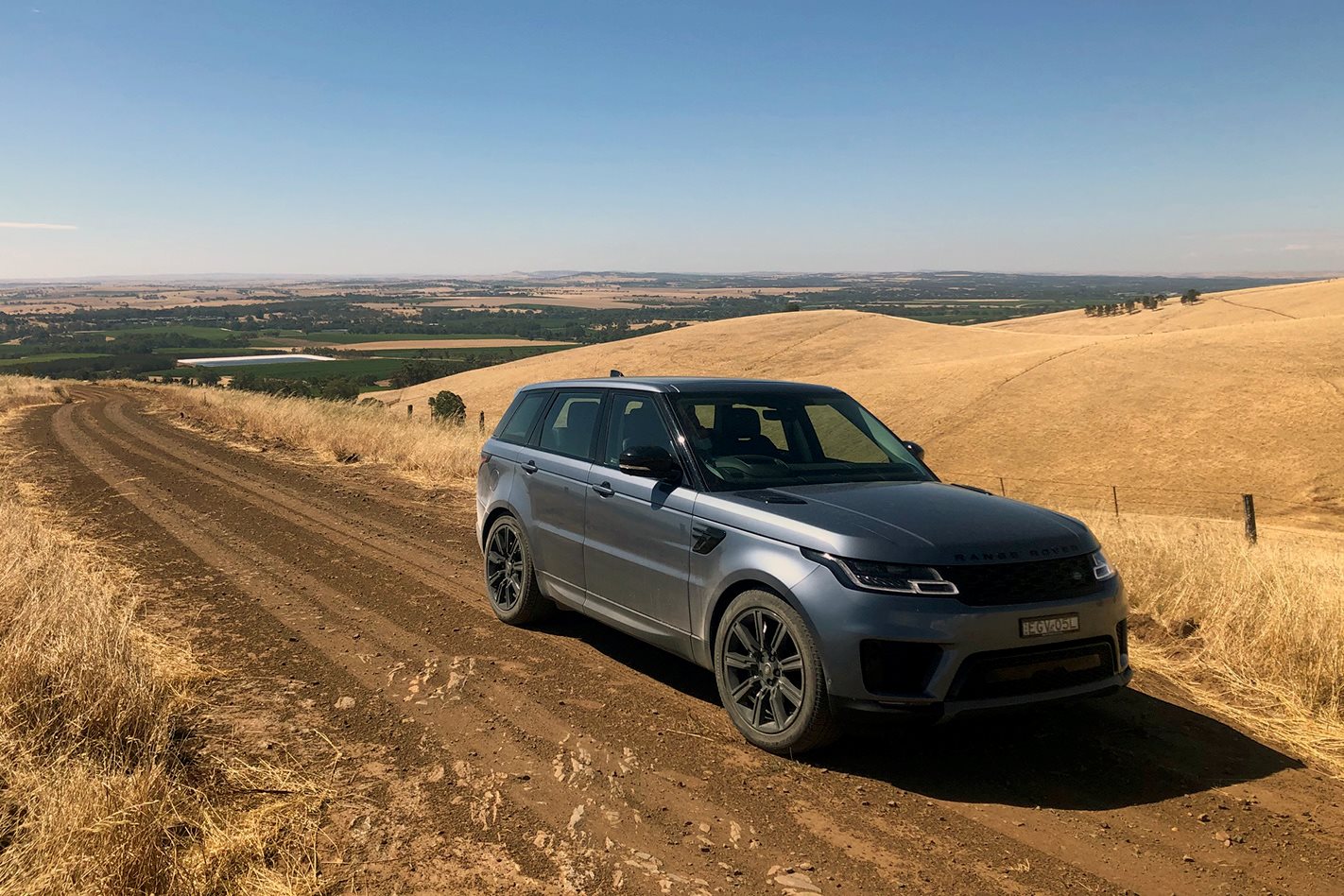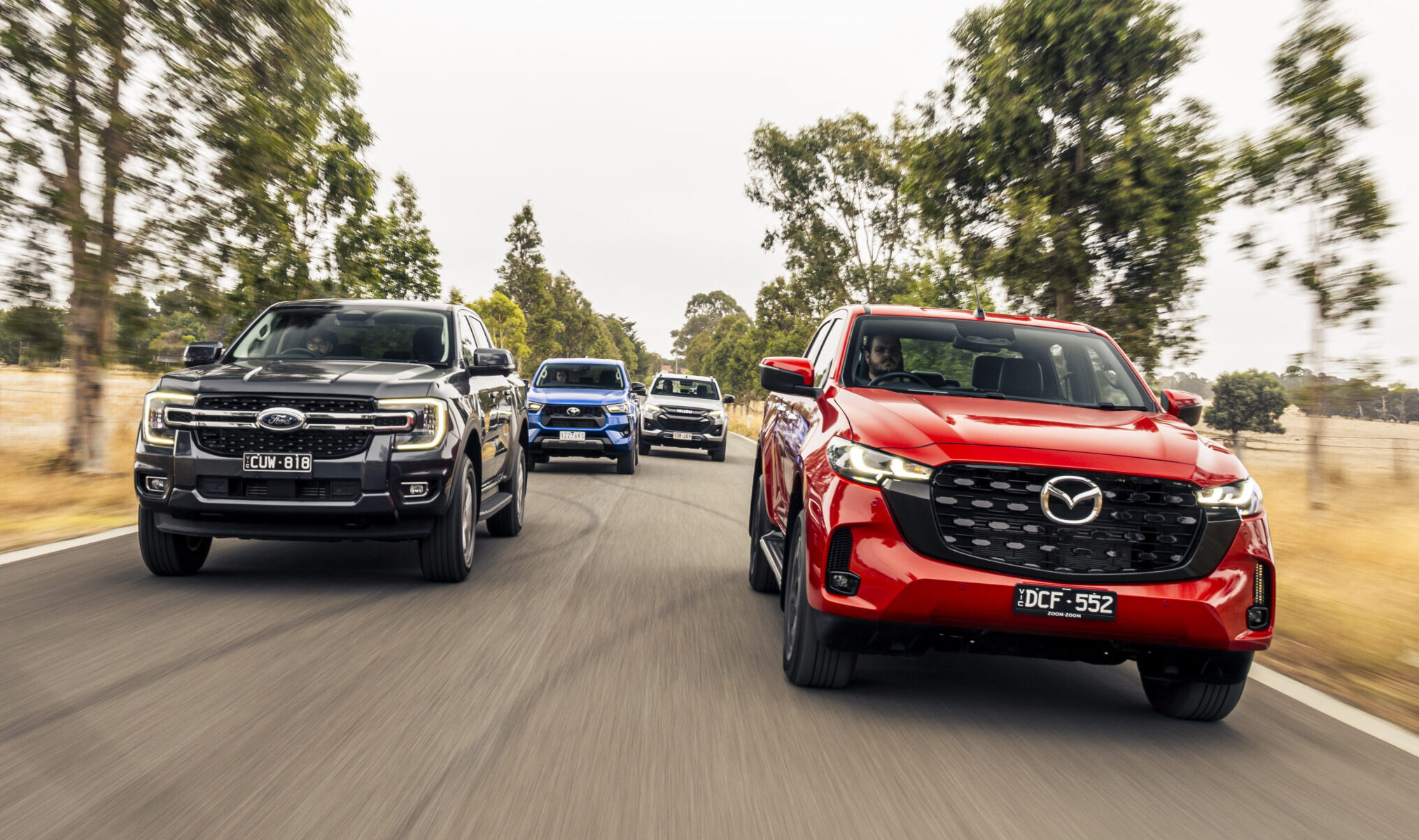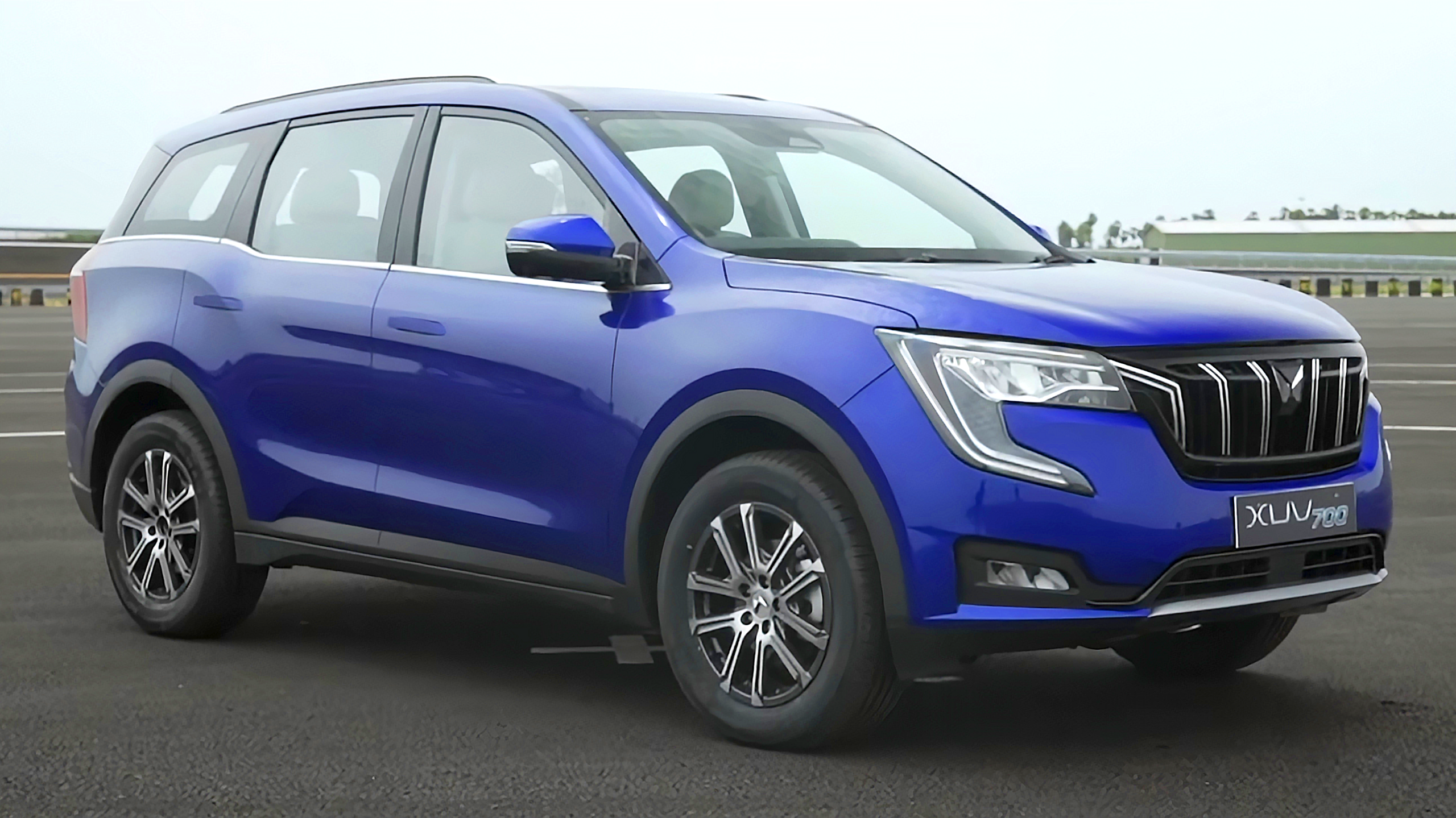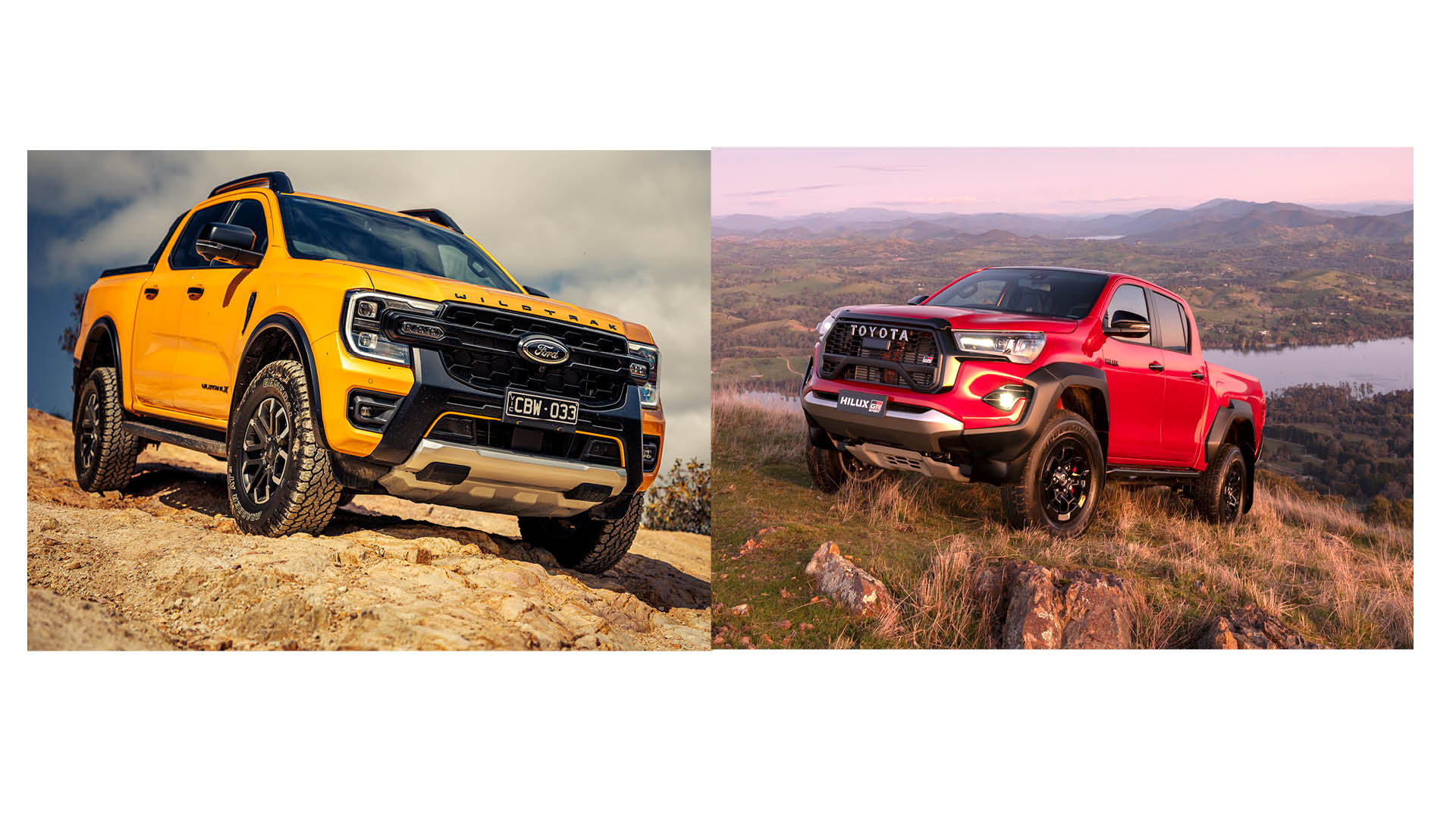Things we like
- Refined and responsive engine
- Terrific ride and confident handling
- Brilliant all-road, all-weather capability
Not so much
- Old and clunky infotainment system
- It’s pricey
- It’s heavy
A quick scan of the spec sheet suggests the Range Rover Sport D300 HSE is the sweet spot Rangie. It isn’t the most powerful or most lavishly equipped of the current Range Rover Sport line-up. But on paper it seems to offer a solid combination of performance, efficiency and features at – in Range Rover terms, at least – a value price. And that’s pretty much how it shapes up on the road, too.
Launched in 2013, the second-generation Sport is now the oldest model in the Land Rover catalogue but it continues to be one of the brand’s strongest sellers, challenged only by the new Defender in terms of outright sales. And there are good reasons for that: The Sport is a little more athletic to drive than the full-size Rangie, rides on an off-road optimised platform, and in all but base D250 SE trim comes standard with a low-range transfer case. In other words, it’s a proper Range Rover.

The D300 HSE is powered by the mid-spec version of JLR’s new Ingenium 3.0-litre straight-six diesel, an engine that replaces the ageing Lion V6 diesel, a powerplant designed jointly by Ford and PSA in the early 2000s, and since used – in 2.7-litre and 3.0-litre form – to power hundreds of thousands of Land Rovers, Jaguars, Peugeots and Citroëns. Oh, and in the late, lamented Ford Territory, too.
In D300 spec the Ingenium diesel makes 221kW and 650Nm, exactly splitting the difference between the D250’s 183kW and 600Nm (this engine is only available in the entry-level SE) and the D350’s 258kW and 700Nm. All are mild hybrids, with a 48V integrated starter generator mounted between the engine and eight-speed automatic transmission.
The new straight-six is smoother than the old V6 on startup, and much quieter at idle … At cruising speeds, the Ingenium diesel is almost inaudible.
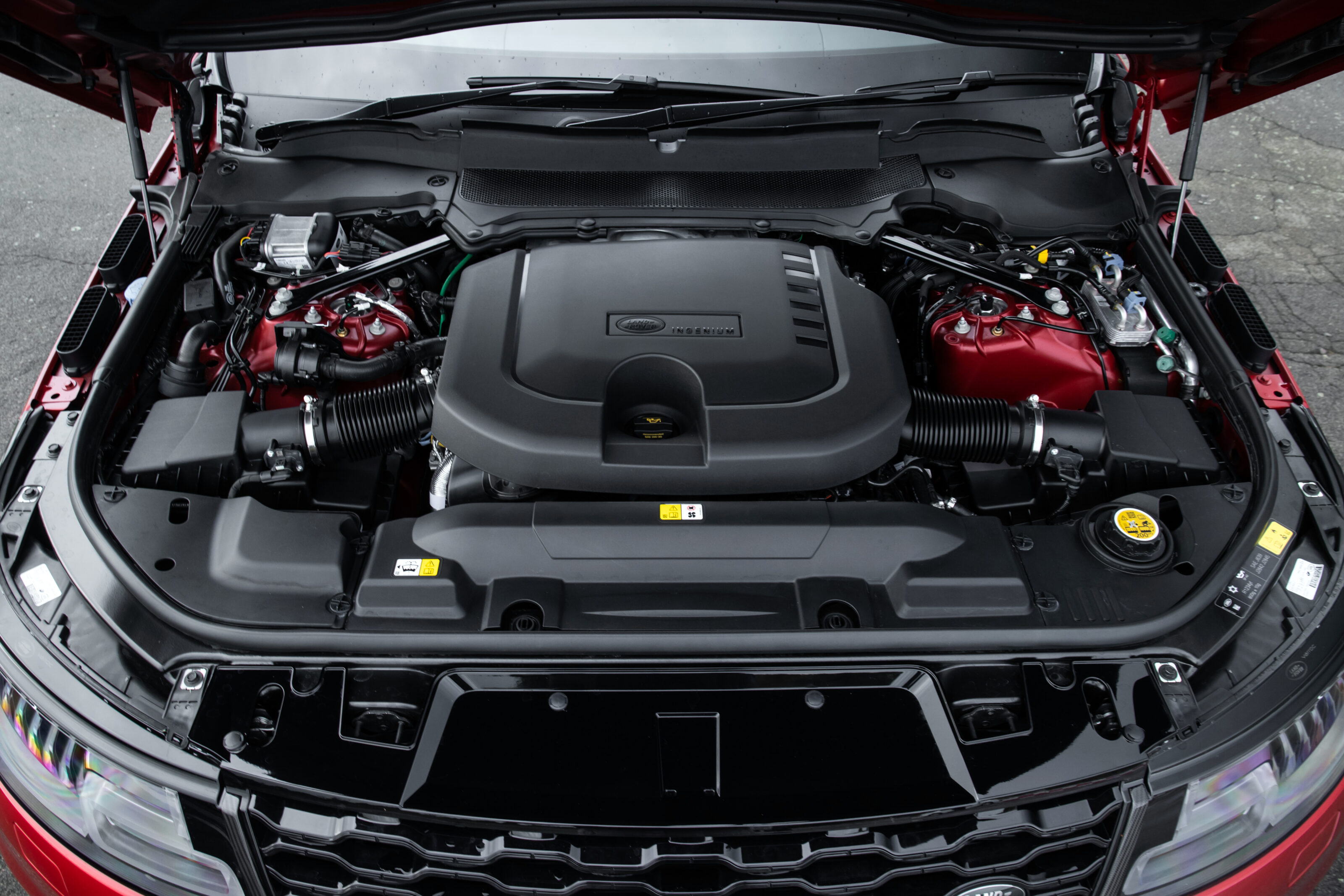
Land Rover claims a 0-100km/h acceleration time of 7.3 seconds for the D300 HSE, along with a top speed of 209km/h. The new straight-six is smoother than the old V6 on startup, and much quieter at idle. There’s none of the growl of the aptly named Lion when you squeeze the throttle to get the Range Rover rolling, either; the D300 merely purrs contentedly as the eight-speed automatic transmission works the torque. At constant-throttle cruising speeds, the Ingenium diesel is almost inaudible.
For that reason, the Sport D300 immediately feels a more relaxed and long-legged cruiser than the old Sport SDV6. But it’s not just down to the increased refinement: The D300 engine has more torque, and its delivery is much more seamless. The D300’s 650Nm is on tap across a broader rev range – from 1500rpm to 2500rpm, versus 1750rpm to 2250rpm for the SDV6’s 625Nm – and the 48-volt mild hybrid system provides up to 140Nm of instant-on torque when you get on the throttle. It’s a more alert engine than the V6, especially in traffic, and more responsive in hilly terrain.

It might be getting on in years, but the Range Rover Sport still boasts the best ride and handling of any comparable luxury SUV. It has a wonderfully measured gait at cruising speeds and even on 20-inch wheels, it soaks up road acne with aplomb. This Range Rover’s all-road, all-weather capability is second to none.
The Range Rover Sport D300 HSE costs $141,706, before on-road costs. That’s $16,700 more than an SE with the same engine. So, what does the extra money buy you?
It might be getting on in years, but the Range Rover Sport still boasts the best ride and handling of any comparable luxury SUV.

The big buck items are things like 16-way memory seats ($4750 on the SE), 20-inch alloy wheels ($2520) and matrix LED headlights ($2450). There’s also stuff that’s standard on the HSE that you simply can’t get on the SE, such as certain interior colour and trim combinations, configurable interior lighting and certain items available as options on the HSE, such as the superb 23-speaker, 1700W Meridian Signature Sound System, that can’t be ordered on the SE.
A bit of careful work on the Land Rover configurator will get you a D300 SE that’s close to basic HSE spec in terms of the hardware for about $3500 less. If you’re not fussed about things like leather colours and trim patterns, and don’t want a bunch of options, this might be the best value buy of the Sport range.

An all-new Range Rover Sport, built on the same MLA vehicle architecture as the recently unveiled fifth-generation Range Rover, is expected to make its debut in late 2022 or early 2023. This third-generation Range Rover Sport will be sharper-looking, more sophisticated to drive and will share its advanced technology stack with its big brother. It will also be offered with the six-cylinder Ingenium diesels.
For now, the D300 offers a tantalising taste of tomorrow’s Range Rover Sport.
Things we like
- Refined and responsive engine
- Terrific ride and confident handling
- Brilliant all-road, all-weather capability
Not so much
- Old and clunky infotainment system
- It’s pricey
- It’s heavy


